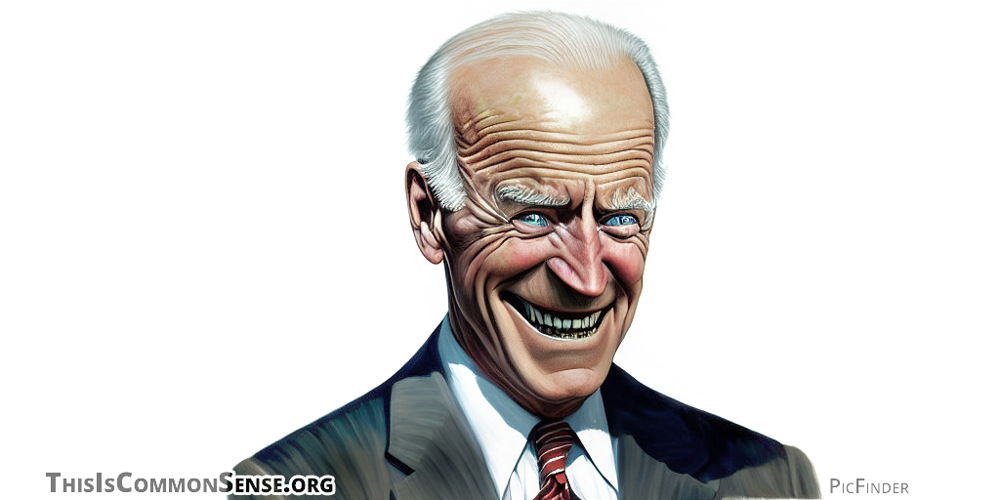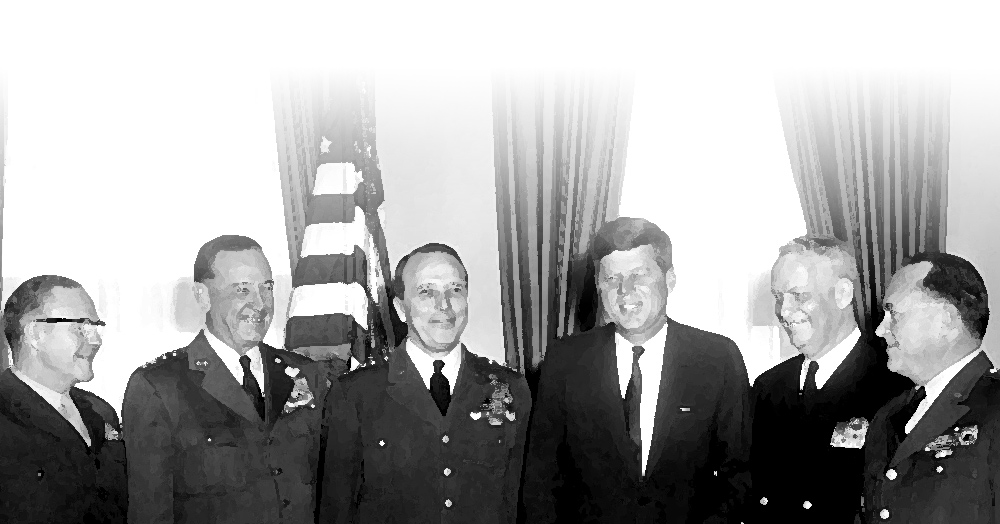Major candidates for the presidency are usually granted security details. The Biden Administration has so far balked at providing anything like that for Democrat-turned-independent candidate Robert F. Kennedy, Jr.
Why?
In an October 16th letter, Senator Ted Cruz (R.-Tex.) challenged Department of Homeland Security Secretary Alejandro Mayorkas for 88 days of “failing to respond” to the candidate’s formal request, as well as for ignoring “follow-ups by his campaign.”
The senator writes that this “represents a stark departure from the standard fourteen-day turnaround for this type of request.”
Cruz also cites an apparent attempt on Kennedy’s life, a man dressed up as a U.S. Marshal caught at one of his Los Angeles campaign events.
“On Sept. 29, two weeks after the Los Angeles incident,” explains The Epoch Times, “government accountability organization Judicial Watch received 11 pages of Secret Service records that detailed its denial of Mr. Kennedy’s protection request.” The Secret Service acknowledges “that Mr. Kennedy received several threats from ‘known subjects’ and that he is at a higher ‘risk for adverse attention.’”
The report was no doubt placed in the “No Duh” file.
The history of the Kennedys being what it is, one is almost tempted to hazard a guess as to why The Biden has so little interest in protecting the political competition.
Hasn’t it crossed every American’s mind that this son and nephew of two assassinated political figures might be targeted . . . maybe by the same group of assassins? Which many have wondered might have hailed from within the government.
Wait — is The Biden trying to say . . . no protection necessary . . . don’t worry . . . they have no such plans?
This is Common Sense. I’m Paul Jacob.
Illustration created with PicFinder
—
See all recent commentary
(simplified and organized)


